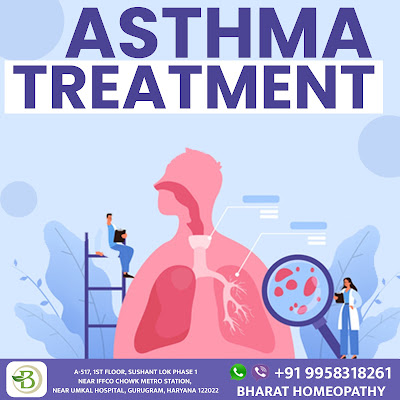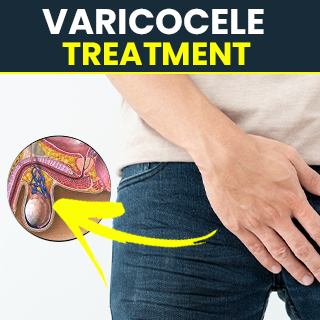Psoriasis is an autoimmune disorder that primarily affects the skin. The skin cells increase in size at a rapid rate, leading to the development of large, red spots of skin that are covered in silvery scales. These patches, also known as plaques, can be itchy and painful. They may rupture or even bleed. They can occur in any area but most often affects knees, elbows as well as the scalp or lower back. Apart from skin-related symptoms, Psoriasis sufferers may suffer joint pain or inflammation, characterising psoriatic arthritis symptoms.
Here are some possible psoriasis causes and contributing factors to the development of psoriasis:
1. Genetic causes: It is more likely to be inherited in families, which suggests that there is a genetic element. Genetic mutations in certain genes have been identified as linked to psoriasis.
2. Psoriasis, a form of immune system dysfunction, is thought to be an autoimmune condition that means that T-cells, which are immune cells, are overactive and cause inflammation, which causes the skin cells to develop excessively.
3. Environmental triggers: Various environmental triggers can cause or worsen the symptoms of psoriasis in people who are susceptible. The factors may comprise stress, infections(such as stereo throat or skin infections) and specific medications injuries on the skin(such as burns, cuts and bug bites), smoking, as well alcohol consumption that is excessive.
4. Psoriasis Flare Factors: Individuals suffering from psoriasis may experience flare-ups or worsen their symptoms. The most common triggers for flare-ups are dry skin, cold weather or skin injury, hormonal modifications, weight gain, specific medication (such as nonsteroidal anti-inflammatory medications) as well as emotional stress.
Psoriasis symptoms are recognised in many different forms that mostly affect the skin. The most frequent symptoms of psoriasis comprise:
1. Red patches on the skin Inflamed, raised, as well as reddened, skin-coloured patches are common in Psoriasis. These patches, sometimes referred to as plaques, are usually covered with white or silver scales. They can be seen all over the body; however, they are most often found on elbows, knees and lower back, scalp, and palms.
2. Skin that is affected may develop silvery, thick plaques or scales. The plaques can be itchy and dry and may occasionally break or bleed.
3. Cracks and dryness The condition can result in dryness, and tightness in the skin, which can lead to cracks or fissures. This can be very painful and uncomfortable, particularly in places like the palms or soles of the feet or joints.
4. Itching and discomfort Plaques of psoriasis can cause itching and create discomfort. Rubbing the affected areas can result in an increase in irritation and may even make the condition worse.
5. Nail changes Psoriasis can alter the nail, which can cause pitting(small depressions or dents), discolouration, thickening, cracking or detachment in the nails from its nail bed.
6. The swelling and joint pain In certain cases, Psoriasis can create inflammation in the joint area and result in the condition known as psoriatic arthritis. This can cause joint stiffness, pain and swelling.
7. The scalp is the most affected area. Psoriasis usually affects the scalp, which can cause swelling, redness and flaking. It may appear like dandruff; however, the scales are typically larger and more noticeable.
How can psoriasis be controlled?
There are numerous psoriasis cure that can aid in managing the symptoms and offer relief. Below are some psoriasis treatments that may aid in the treatment of the disease at home.
1. Apply moisturisers to reduce dryness and decreases itching.
2. Bathe in warm water as an outcome of this skin moisturising and taking away scales.
3. Apply natural oils because they provide moisturising and anti-inflammatory properties that can help with psoriasis. They include coconut oil, tea tree oil, olive oil as well as fish oils.
4. Limiting exposure to sunlight can aid in improving the symptoms of psoriasis for some individuals. It is important to safeguard the surface of the skin by using sunscreen.
5. Management of stress is beneficial in the case of psoriasis.
6. Changes in diet can aid in your healing.




.png)
.png)


